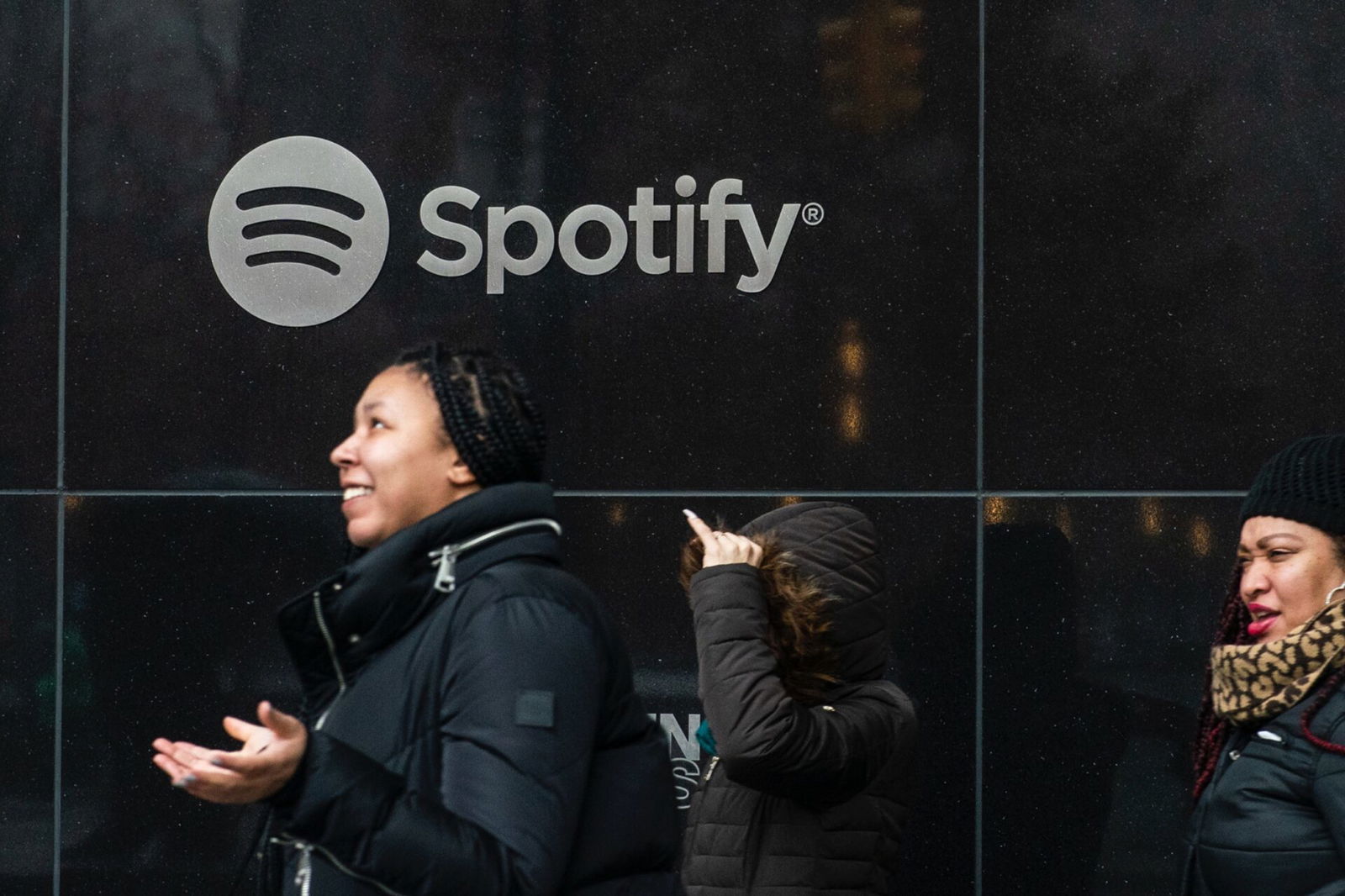
November 6, 2025
Spotify faces a second lawsuit this week, alleging that its Discovery Mode feature constitutes payola.
Days after facing a lawsuit over allegedly inflated Drake streams, Spotify is now being named in a class-action lawsuit that labels its Discovery Mode feature as a “modern form of payola.”
In a lawsuit filed in New York on Nov. 5, Spotify’s Discovery Mode tool is accused of functioning as a “deceptive pay-for-play” system, enabling record labels and artists to secretly pay for promotion while misleading users into believing the recommendations are unbiased and tailored to their personal tastes, Billboard reports.
“Spotify exploits that trust by marketing itself as a platform that offers organic music recommendations — whether through its algorithmic or curated playlists — only to secretly sell those recommendations to the highest bidder,” the lawsuit states.
Subscriber Genevieve Capolongo is spearheading the class-action lawsuit on behalf of the “millions” of users allegedly misled by Spotify’s recommendation tools. Her attorneys claim that despite using the platform’s personalization features for years, she “kept hearing the same major-label tracks” that “bore little resemblance to her listening habits.”
The lawsuit centers on how clearly Spotify discloses the mechanics of Discovery Mode to users. Introduced in 2020, Discovery Mode lets artists and labels boost their presence on Spotify in exchange for reduced royalties. Despite initial concerns—including a Congressional investigation over its resemblance to payola, the practice of secretly paying for radio airplay—it has become a widely used marketing tool in the music industry, especially for new releases. While listeners can access an “About Recommendations” link, Capolongo’s attorneys argue that this explanation is insufficient.
“Telling users that ‘commercial considerations may influence’ recommendations does not reveal which songs are being promoted commercially and which are being recommended organically,” her lawyers wrote. “Without that specificity, users cannot distinguish between genuine personalization and covert advertising.”
The latest lawsuit adds to claims that major labels are buying placement on Spotify to boost their artists. A high-profile 2024 case filed by Drake over Kendrick Lamar’s “Not Like Us” accused Universal Music Group of using bots and payments to inflate the song’s popularity across multiple platforms, including Spotify. Earlier this week, another lawsuit alleges that Spotify has “turned a blind eye” to bots and other fraudulent streams used to artificially boost artists like Drake.
Spotify has responded to Capolongo’s lawsuit, calling the claims “nonsense” and offering clarity on how the Discovery Mode tool works.
“Not only do they misrepresent what Discovery Mode is and how it works, but they are riddled with misunderstandings and inaccuracies,” the company said. “Discovery Mode is a feature artists can use to flag priority tracks for algorithmic consideration in limited contexts: Radio, Autoplay, and certain Mixes. It doesn’t buy plays, it doesn’t affect editorial playlists, and it’s clearly disclosed in the app and on our website.”
RELATED CONTENT: Elevating Your Excellence: Thelma Golden Is At The Forefront Of Black Art And Culture


